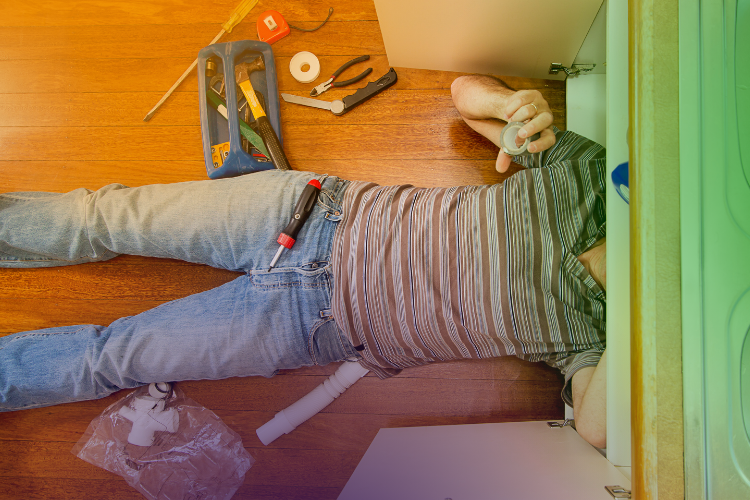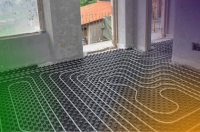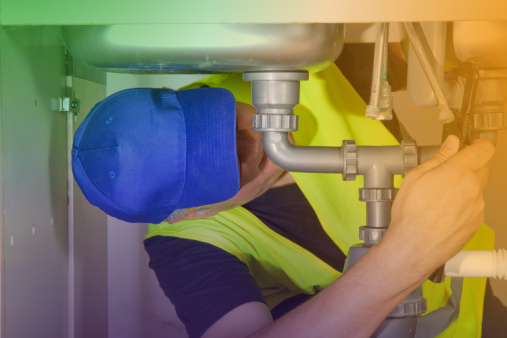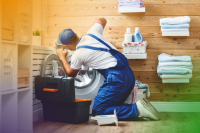Simple DIY Plumbing Jobs
Even confident DIYers often draw a line at anything involving electrics or water. Obviously if your house has sprung a major leak, you’ll want to call an emergency plumber. But what about the minor jobs? Here’s a list of the most common plumbing jobs you can tackle at home.
Is there anything more irritating than a slowly dripping tap keeping you awake at night? Older designs of taps generally have a small washer which provides a tight seal. Over time, the washer deteriorates, and the tap starts to drip. Luckily, replacing the washer is a simple task. Turn off the water supply and then run the kitchen tap to drain the water out of the system. Next, unscrew the top of the tap to expose the washer. This may be secured with another nut; if so unscrew that too. The washer looks like a disc of metal with a hole in the middle. Simply take it off, and replace it with one of the same size. Then put the tap back together again and switch the water back on. Check carefully for leaks before using.
Dealing With Blocked Drains
Often the first sign of blocked drains is that sinks or baths are very slow to drain away. You only need to call in the professionals if your drains are clogged to the stage of nothing draining at all. On other cases, the old-fashioned sink plunger can work wonders. Use it to gently work any minor blockage free. Then take steps to stop the problem happening again. Use drain covers in the sink or shower to trap debris, or use solvents like bicarbonate of soda and vinegar to keep the pipes clear.
Replacing a Shower Head
This is one of the easiest jobs to do, and one which can make a real difference to how well your shower works. You won’t even need to turn the water off at the mains to do it. Most shower heads are made to the same specifications, so it’s really just a job of unscrewing the old head, and putting a new one in its place. One of the main reasons for replacing a shower head is because of limescale build-up. Choose a new shower head designed to resist limescale, or get into the habit of clearing the nozzles and jets regularly.
Preventing Burst Pipes
If the worst happens over winter and your pipes burst, turn the water off at the mains and call out the professionals. But you can take steps now to reduce the risk of that happening. The pipes most likely to freeze are those running around the edges of your home, next to external walls. Lag them with thermal pipe insulation from the DIY superstore, which is very easy to fit. Make sure you buy the size of lagging which fits snugly around the pipes. Adjust your central heating controls too, so that in very cold weather the house remains warmer through the night. Keeping doors open to help air flow will help too.








